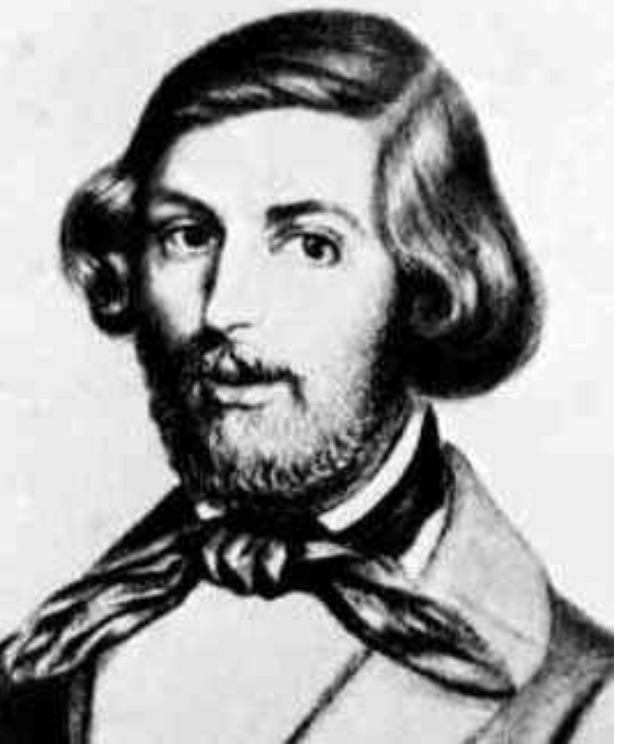
Ferdinand Gotthold Max Eisenstein was born on April 16, 1823 in Berlin, Germany. From early youth, he suffered illness and was the only one among his 5 siblings to survive meningitis. His mother taught him the letters of the alphabet when he was 2 years of age, and by the age of 6, he displayed a natural proclivity for mathematics, stating, “As a boy of six I could understand the proof of a mathematical theorem more readily than that meat had to be cut with one’s knife, not one’s fork.”
Gotthold’s mathematical talent was recognized by his teachers who facilitated his attendance at lectures by Dirichlet and other mathematicians at the University of Berlin when he was only 17 years of age.
In 1843, when his father took the family to Dublin, Ireland to find employment, Gotthold met William Rowan Hamilton who gave him a copy of a paper that he had written on Abel’s work on the impossibility of solving quintic equations. The following year, Eisenstein delivered to the Berlin Academy Hamilton’s paper along with his own paper on cubic forms of two variables. Later that year, Eisenstein visited Gauss who was extremely impressed with the brilliance of this blossoming intellect. On April 14, 1846, in a letter to mathematician Humboldt, Gauss expressed his admiration, “Eisenstein’s talent is one that nature bestows only a few times a century.” While only in his first year of university, Gotthold had already attained international recognition in the mathematics community and the next year was awarded an honorary doctorate by the University of Breslau.
Though suffering from health problems throughout this period of his life, Eisenstein published a multitude of papers on the quadratic partition of prime numbers and reciprocity laws as well as elliptic functions–works that led to his election to the Göttingen Academy in 1851 and the Berlin Academy the following year. In spite of the accolades and honors received, Gotthold’s poor health began to manifest as depression and he died of pulmonary tuberculosis in 1852 at the age of 29.
Eisenstein expressing his passion for mathematics once stated, “What attracted me so strongly and exclusively to mathematics, apart from the actual content, was particularly the specific nature of the mental processes by which mathematical concepts are handled. This way of deducing and discovering new truths from old ones, and the extraordinary clarity and self-evidence of the theorems, the ingeniousness of the ideas … had an irresistible fascination for me.”
